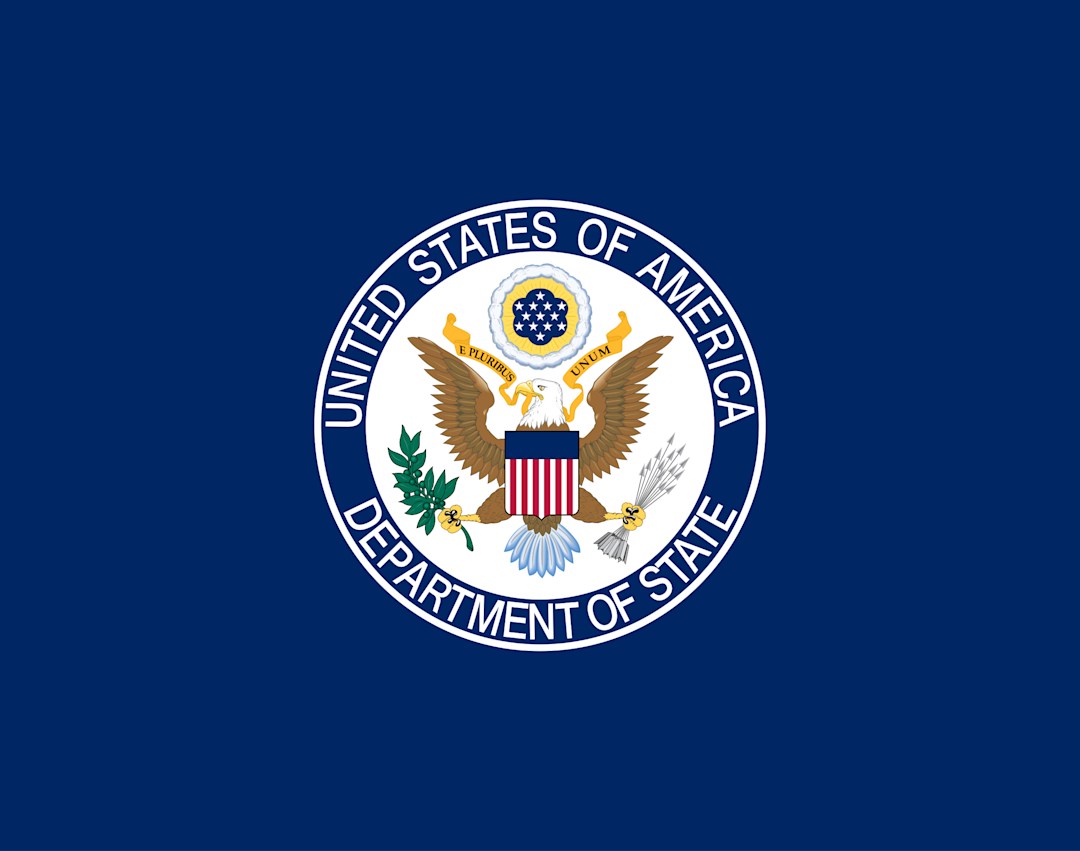Monthly opinion : is diplomatic secrecy legitimate?

Monthly opinion : is diplomatic secrecy legitimate?
Each month the redaction branch is going to ask two members of the diplomatic committee for their opinion on a previously written article. Two weeks ago the following article has been published; https://www.comitediplomatiqueulb.be/posts/The-legitimacy-of-diplomatic-secrecy. The problematic will be as followed, “is diplomatic secrecy legitimate?». For this monthly opinion we will have the opinion of our vice-president Nicolas Copin Sensique and executive member of the event branch, Lilou Blengini. Lilou’s opinion is that secrecy is needed in diplomatics, Nicolas will try to dement the necessity of diplomatic secrecy.
Nicolas thinks that secret diplomacy faces significant criticism due to its ethical and practical consequences. First, it undermines democratic principles by depriving citizens of the right to know about negotiations that directly impact their lives or national policies. For instance, the secret agreements of World War I, such as the Sykes-Picot Agreement, intensified international tensions by dividing the Middle East without consulting local populations. This lack of transparency led to enduring conflicts. Second, secret diplomacy fosters mistrust between nations. When agreements or actions are exposed, such as during the 2010 Wikileaks scandal, international relations can be severely damaged. The leaked diplomatic cables revealed blunt criticisms of foreign leaders, tarnishing the United States’ image and complicating its alliances. Finally, secret diplomacy can legitimize actions that violate human rights, such as the "extraordinary renditions" program after 9/11, where individuals were tortured in secret prisons. These practices provoked global outrage and reinforced the perception that secret diplomacy enables evasion of accountability. In an era where transparency is essential for maintaining public trust, secret diplomacy appears outdated and harmful. Open and accountable diplomacy is indispensable for ensuring lasting peace and a just international order.
Lilou on the other hand thinks that diplomatic secrecy plays an important role in the world of diplomacy, as it helps to ensure diplomatic relations between states based on trust. Maintaining the confidentiality of negotiations, conclusions, and sensitive information fosters frank and effective exchanges as well as greater international security. Without diplomatic secrecy, it would be complicated to negotiate with other states, as each party might draw hasty conclusions before the negotiations are concluded, which could be detrimental to the process. By keeping all of this confidential, we can avoid escalations in the event of a conflict, preserve the state's security by keeping its positions and strategies secret, safeguard its interests, and maintain trust between states. It is also about not unnecessarily alarming the population by avoiding discussions of any crises that occur within diplomatic secrecy. Otherwise, this could lead to tensions within the states.
It is always a good think to look at different opinions. There is a lot to learn from other people’s thoughts and vision. The case of diplomatic secrecy is a complicated topic as it has proved itself effective in the past but sometimes, on the contrary, it has done more arm than good. it is by being critical and confronting the pro’s and con’s, that we can make things better.



